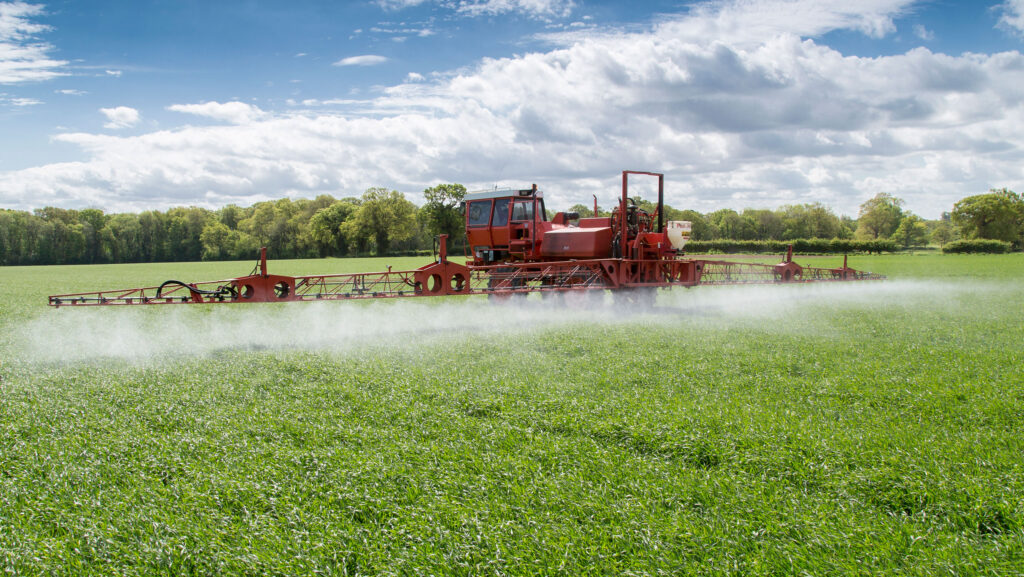Brexit ‘reset’ threatens half of British farmers’ herbicides
 © GNP
© GNP Britain’s arable farmers, already battered by extreme weather, dwindling farm support and lacklustre prices, face another hammer blow as Labour’s Brexit “reset” threatens to wipe out half their herbicide options overnight.
At a meeting with the Cabinet Office this week, industry representatives were told prime minister Sir Keir Starmer wants the government’s flagship sanitary and phytosanitary (SPS) agreement with the EU to be implemented by June 2027, with no transition period.
See also: Biosecurity clampdown at Dover delayed pending SPS agreement
Insiders say this will lead to a cliff-edge scenario where Britain will have to immediately align with EU rules on animal and plant products in order to remove trade barriers.
Josh Woolliscroft, head of external affairs at trade association CropLife UK, said: “This essentially means that none of the British growing conditions or our agricultural policy positions would be reflected in chemical decision-making.
“Those decisions will be made in Brussels, where we won’t have a vote.”
Mark Buckingham, Bayer Crop Science’s head of public affairs for the UK and Ireland, said that “well over half” of the autumn herbicide portfolio used by British farmers could be hit if the deal goes ahead on the government’s timetable.
Flufenacet, for instance, will be banned across the EU by 10 December 2026.
Metribuzin has already gone, and bixlozone remains pending.
Blackgrass control threat
Dave Bench, chief executive of CropLife UK, said: “Flufenacet and cinmethylin make up a big proportion of the herbicide market for blackgrass control in cereals and would disappear in a cliff-edge implementation scenario.
“Rothamsted has estimated that if there was no herbicide control available for blackgrass, it could cost farmers up to £1bn a year and reduce total yield by around a quarter.
“That’s possibly the biggest single effect of a cliff-edge deal.”
Fungicides are also at risk, with isoflucypram (used in Bayer’s Iblon) and pydiflumetofen (in Syngenta’s Miravis) still pending EU approval.
Glyphosate pre-harvest use could be restricted if the UK fully accepts EU rules.
Mr Buckingham said UK growers would be at a significant disadvantage if they faced the same regulations as EU growers, but without any direct payments.
Backtrack unlikely
Despite reports this week that the EU will demand billions of pounds from the UK as the price of this reset deal, Mr Woolliscroft did not believe the government would backtrack.
“This is their big offer going into the next election,” he said.
“I think from the UK side, they are willing to accept what would be for British growers the worst-case scenario. And that’s likely what the EU is going to ask for.”
A government spokesman said ministers were focused on delivering an SPS deal that would cut costs and reduce red tape.
“But we will not provide a running commentary on ongoing talks.”
However, he indicated that the UK will have some scope to help shape EU decision-making, with its views taken into account.
